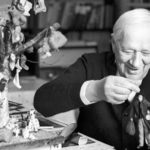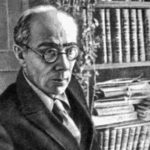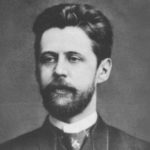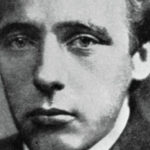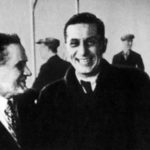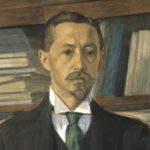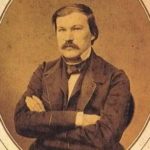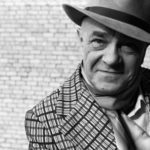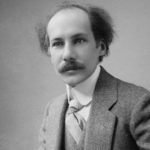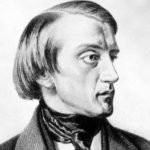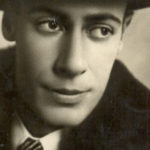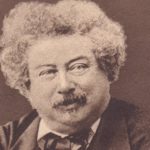Interesting facts about Fyodor Sologub
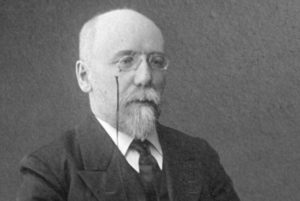 Russian, and later the Soviet writer Fedor Sologub left behind a legacy of a wide variety of works. Here, and prose, and poetry, and numerous apt expressions, firmly established in everyday life … Being a true creator by nature, he became one of the most prominent Symbolist writers. His merits in the development of Russian literature is simply impossible to overestimate.
Russian, and later the Soviet writer Fedor Sologub left behind a legacy of a wide variety of works. Here, and prose, and poetry, and numerous apt expressions, firmly established in everyday life … Being a true creator by nature, he became one of the most prominent Symbolist writers. His merits in the development of Russian literature is simply impossible to overestimate.
The future writer was born in a poor peasant family. At the age of four years, he lost his father, and the mother had to ensure the whole life of the family.
The real surname of Sologub is Teternikov.
Due to the fact that Sologub’s mother often beat her son, he had some mental problems, which subsequently had a strong influence on his work. This resembles a similar situation with Saltykov-Shchedrin.
Prior to his professional literary career, Sologub earned his living by teaching and collaborating with magazines for which he wrote small rhymes. In total, he worked as a teacher in various rural schools for about ten years.
The first three books of Sologub were published in a very modest edition, and he himself paid for their publication.
Osip Mandelstam did not approve Sologub’s decision to hide the real name under a pseudonym (see interesting facts about Mandelstam).
According to the writer himself, the images of some of the characters in his poems were borrowed from the work of Chekhov and Dostoevsky.
He wrote his first poems when he was only fourteen years old.
The greatest popularity of Sologub occurred at the beginning of the XX century, after the publication of the novel “The Minor Demon”. He worked on this work for almost ten years.
The writer also wrote several fables, but Krylov did not succeed on this path.
Sologub’s wife, who suffered from a mental illness, committed suicide. Subsequently, he dedicated to her death a lot of poems.
Literary evenings organized by him on Sundays were visited by such celebrities as Alexander Blok, Korney Chukovsky and Konstantin Balmont.
The writer did not support the Bolshevik revolution, and even tried to leave the country by moving to Europe, but he was not given such an opportunity. At the same time, a decade before these events, he openly sympathized with the Bolsheviks, but later changed his mind.
Most of the works of Fyodor Sologub are a reflection of his life, which he himself considered dark and full of suffering.
With the coming to power of the Communists, the work of Sologub was banned. He wrote his last works, knowing that no one will publish them. Indeed, they saw the seal only many years after his death.
The writer who died as a result of his illness was buried next to the grave of his wife.
